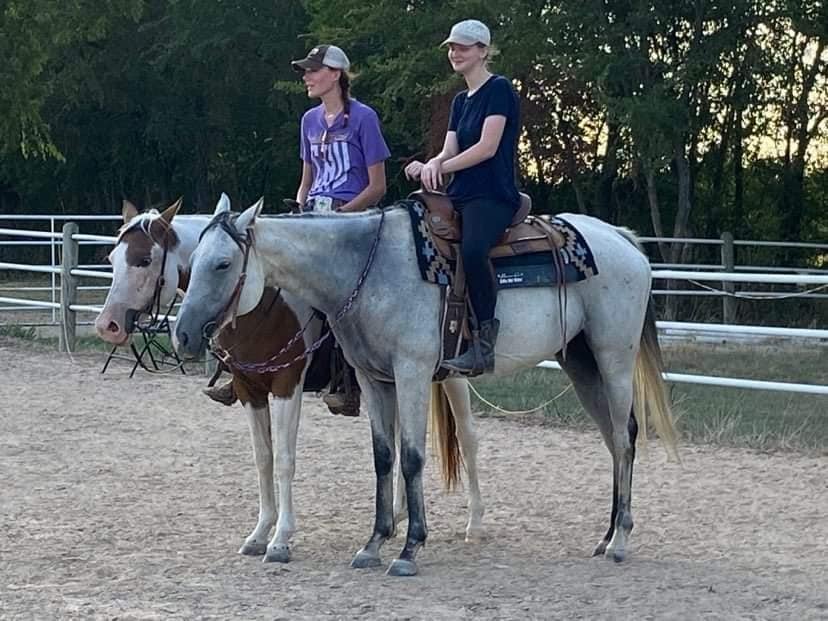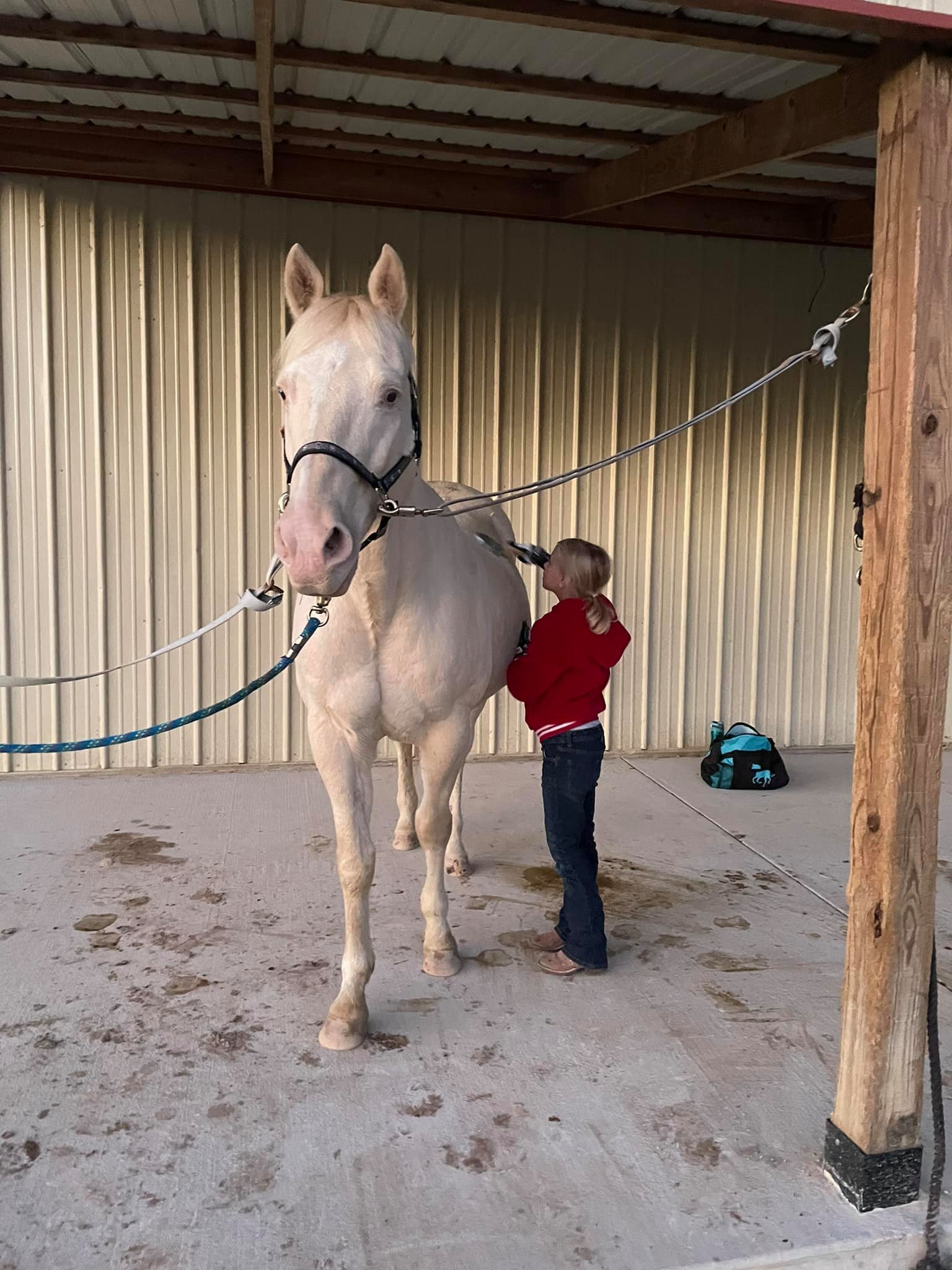Horsemanship Classes: Learning to Care for the Horse
Horsemanship at its most basic definition is the "art" of handling, riding, and training horses. But I would argue that it is actually so much more than that. There are experienced riders out there that do not have good horsemanship skills. This, I believe, comes from the fact that over the years, the world in general and the horse industry have changed drastically.
In the early to mid-1900s, horses were still used on a regular basis for daily farm work and transportation. Taking care of your horses and livestock was just a part of life. You didn't need to take a farm class to learn how to farm. You learned it from your parents. Feeding, grooming, driving, riding - those were things that you did on a daily basis almost out of instinct more than anything.
Fast forward in time and the horse was replaced by the car. Horses and horseback riding became a hobby for most and a business for some. Large farms would hire grooms and stable hands and the average rider did less and less of the caring for the horse and just showed up to ride. Obviously, this wasn't the case for all, but many professionals in the horse industry believe that this style of operating a riding program with school horses has led to a decrease in the basics of horsemanship.
Special needs student Ash grooming Mistic.
Horsemanship Skills Lead to Better Horseback Riding
Rather than looking at horsemanship as just the riding and training of a horse. It's best to look at it as learning how to properly care for the horse and learning to read its body language. It doesn't matter what type of riding you do - speed events, jumping, or dressage. The basics of caring for, handling, and training a horse are universal.
Horsemanship includes the fundamentals of grooming and groundwork. When we groom our horses, we learn about their body and their body language. We learn the nooks and crannies of their body as we groom them so we can identify if something is wrong with them. We learn their body language and how they communicate with us as well as other horses. This way when we are riding them, we can apply what we've learned about that horse from the ground in the saddle. In return, we become more confident riders.
We do ground work so that we can assess their fitness level, or to see if they are sound or lame, and teach them new skills. Sometimes the horses already have the knowledge, but we have to figure out what they know and how to ask for specific gaits or actions.
If you can't do it on the ground, then you're likely not going to be able to do it from the saddle. Lessons on the ground can go a long way toward improving your confidence as a rider and your ability to communicate with your horse.
Working students exercising horses.
Types of Horsemanship Classes
There are a variety of horsemanship classes. Whether it's labeled as "natural horsemanship" or not, again the most important aspect is whether or not it puts the well-being of the horse first. If you're training a horse, you're always going to be pushing them to learn, but it is how you do it that determines if it is kind or not.
We are big fans of the Pony Club and the horsemanship skills that are learned by Pony Club students. Pony Club, whether the member is a child or an adult, promotes that the student does everything to care for their horse and be independent. These are important core values for all people as well. Proper horsemanship not only teaches the horse, but it teaches the student a good work ethic and focus as well.
In this program, students practice in a hands-on environment. They learn about feeds and feeding, horse management, proper grooming, hoof care, safe handling, land conservation, and safety (both mounted and unmounted.) Students learn discipline and are taught the correct ways to do things and then held to that standard. As the rider progresses through the program, they are tested based on a set of Standards of Proficiency.
AnnaBeth and Frostbite
Finding a Farm Class with School Horses
Whether you call it a horsemanship program or a farm class, most students are going to need lessons with a horse! This is hard if you don't have a horse, so it's important to find a reputable instructor or trainer with school horses that you can learn with. School horses are "been there, done that" types that are used to beginners working with them. Courses with school horses allow you to get the real hands-on experience that you need so you can improve your abilities as you go. They also make lessons more fun, rather than simply listening to an instructor teach theory.
Our horsemanship lessons at Lake Fork Stables allow you to get the hands-on experience you need. Many students that take our horsemanship classes will start riding shortly after as well. Our classes are a weekly lesson in which you learn everything you need to know about the barn as well as the tack room. Each week, the lessons will build until you are able to safely catch, groom, and saddle the horse. You'll learn what they eat and how to manage a barn.
Our trainers have years of experience in not only riding but decades of experience caring for horses. Feel free to contact us to learn about when our next group horsemanship lessons will be scheduled or if you would like to schedule a private lesson.



